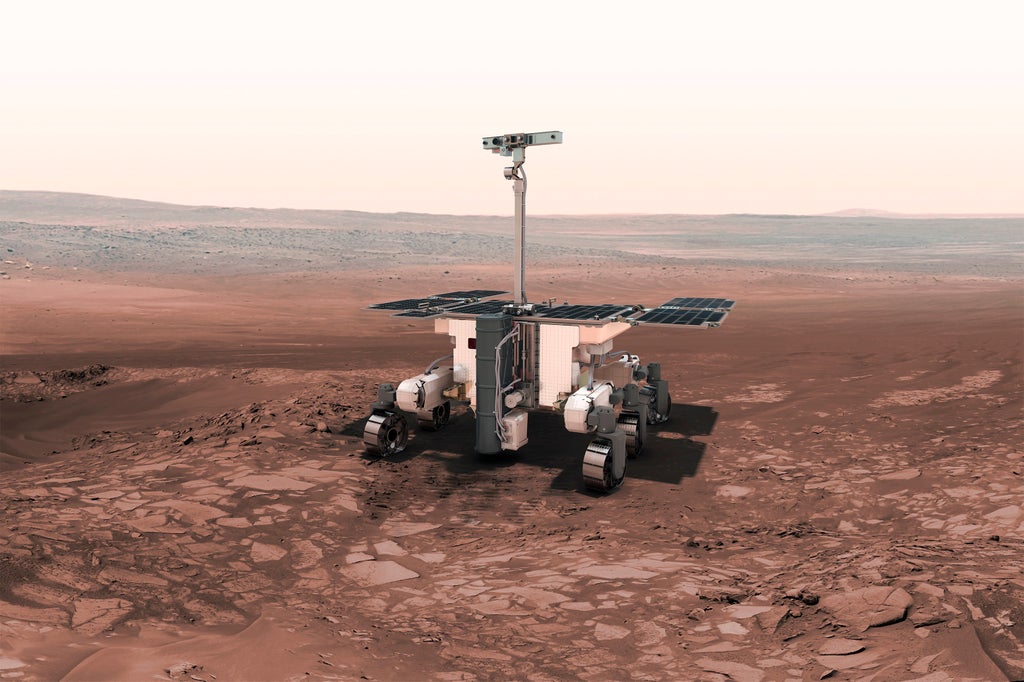
The heightened tensions between Russia and the alliance of Japan, the US and Europe in the wake of the brutal invasion of Ukraine are beginning to affect multinational projects in science and technology.
Scheduled launches of satellites and probes using Russian rockets have either been cancelled outright or are likely to be postponed, while joint research projects by Japanese and Russian scientists are in danger of being discontinued.
Russia has long played a central role in international space exploration, using rockets launched from Kazakhstan, French Guiana in South America and elsewhere, as well as domestic launch pads, to carry satellites, probes and astronauts into space.
In response to tough sanctions imposed after its invasion of Ukraine, Russia has taken a hardline stance. It unilaterally halted the launch of 36 small communications satellites of a British company from a spaceport in Kazakhstan scheduled for 5 March.
Russia also pulled out all of its scientists dispatched to the space center in French Guiana, where it has been operating the Soyuz launch business in conjunction with the European space company Arianespace.
The “ExoMars” Europe-Russia Mars exploration project is also in jeopardy. The launch of a Mars rover scheduled for September has been suspended after the European Space Agency (ESA) determined that it was not possible under the current circumstances. The Soyuz rocket and the inexpensive Dnepr rocket (since retired) have often been used by Japanese space start-ups.
Tokyo-based Axelspace Corp has expressed concern about its plan to launch four small Earth observation satellites on a Soyuz rocket in the latter half of this year. The company says that it is closely watching the current situation.
Likewise, the Japan Aerospace Exploration Agency (JAXA) is wondering about the fate of its planned launch in fiscal 2023 on a Soyuz rocket of the Earth observation satellite EarthCARE, which is being developed jointly with European interests.
At a press conference on 11 March, JAXA President Hiroshi Yamakawa had little to say about the matter, commenting, “We have no reliable information at this time.”
Russia is threatening to shake up the operation of the International Space Station (ISS), which has wide participation from Japan, the United States, European countries and Russia and other countries.
“If you block cooperation with us, who will save the ISS from uncontrolled deorbiting and falling on US or European territory?” Dmitry Rogozin, president of the Russian space agency Roscosmos, wrote on Twitter in late February.
The ISS maintains its orbiting altitude of about 400 kilometers with periodic reboosts by thrusters using Russian equipment. As Russia plays such a significant role, the National Aeronautics and Space Administration (NASA) released a statement aiming to calm the situation. “NASA continues working with all our international partners, including ... Roscosmos, for the ongoing safe operations of the International Space Station.”
Accordingly, it was decided that three U.S. and Russian astronauts on the ISS will be returned to Earth together on a Soyuz spacecraft at the end of this month as scheduled, thus keeping multinational cooperation on the ISS, while strained, intact for now.
Joint research projects with Russia funded by the Japanese government are finding it difficult to make future plans.
The Agriculture, Forestry, and Fisheries Ministry is involved in several joint studies with Russia, including forest pest control and forest management in Siberia.
The ministry has begun to consider discontinuing the projects in response to an announcement by Economy, Trade and Industry Minister Koichi Hagiuda on 2 March that he plans to suspend governmental projects that involve economic cooperation with Russia for the time being.
“Joint research is also part of economic cooperation between Japan and Russia,” an agriculture and forestry ministry official said. “We need to consider and assess the situation.”
The Japan Society for the Promotion of Science, which is under the jurisdiction of the Education, Culture, Sports, Science and Technology Ministry, funds more than 40 Japan-Russia joint studies. It has received a flood of inquiries from concerned Japanese universities and researchers.
An official said there were no plans to terminate studies any time soon, but added that further consideration may be needed if the Japanese government tightens sanctions on Russia.
Washington Post







